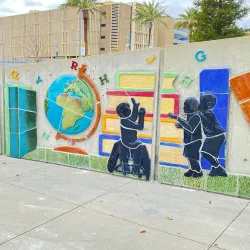
The symposium, “Equity in Technology,” will take place at CSUSB’s James R. Watson and Judy Rodriguez Watson College of Education beginning at 8:30 a.m. on Saturday, March 8. It aims to bring together educators, leaders and advocates passionate about advancing dual language immersion programs and equitable access to technology in education.

The 2025 PROPEL AI Symposium will take place at Cal State San Bernardino on Feb. 21. Its aim is to bring together educators, industry leaders and community stakeholders to explore the multifaceted impact of AI and how it can be harnessed to improve educational success and opportunities for economic growth.
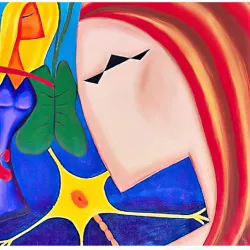
The Inland Empire Stem Cell Consortium continues its efforts in uniting stem cell biology students and professionals with its return to CSUSB.
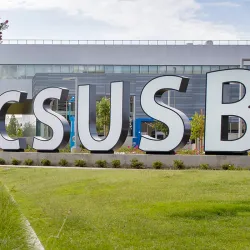
The Oct. 28 event will include presentations and a roundtable discussion that focuses on what fascism is, how it works and what the ramifications of it are as a political system and ideology.
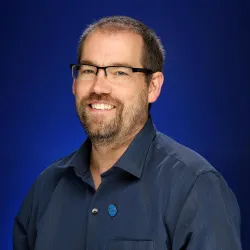
Mark Agars, professor of psychology, will deliver the keynote address at the Health Assessment and Research for Communities 2022 Workplace Wellness Symposium on Friday, June 24. The gathering will take place virtually.
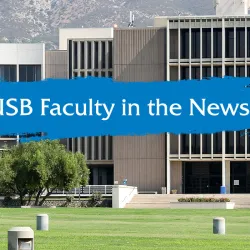
Jodie Ullman (psychology) receives a lifetime achievement award from the Western Psychological Association, Marc Robinson (history) is one of 10 scholars named as a member of the 2022 class of Mellon Emerging Faculty Leaders, Valérie Morgan (world languages and literatures) is CSUSB’s 2021-22 Outstanding Lecture, Arianna Huhn (anthropology) talks about the upcoming symposium on “Developing Afro-Latinx Infused Curriculum,” and Treasure Ortiz (public administration) is one of seven candidates running for mayor of San Bernardino.
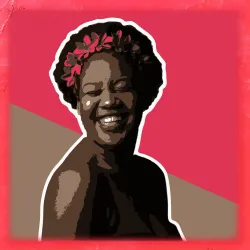
The bilingual teaching symposium for educators, focused on infusing Afro-Latinx content into K-12 teaching, will take place from 8:30 a.m.-5 p.m. on Tuesday, May 24, in-person and virtually.
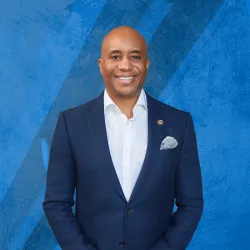
Sedrick Spencer, two-time CSUSB alumnus, has been named the Alumni Council representative to the standing work group for the CSU Biennial Symposium Recognizing African American History and Achievement.
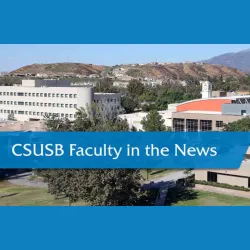
Tamara Cedré (art and design) participated in a panel about the state of photography education, and Brian Levin (criminal justice) discussed the implications of last weekend’s “Million MAGA March” in Washington, D.C.